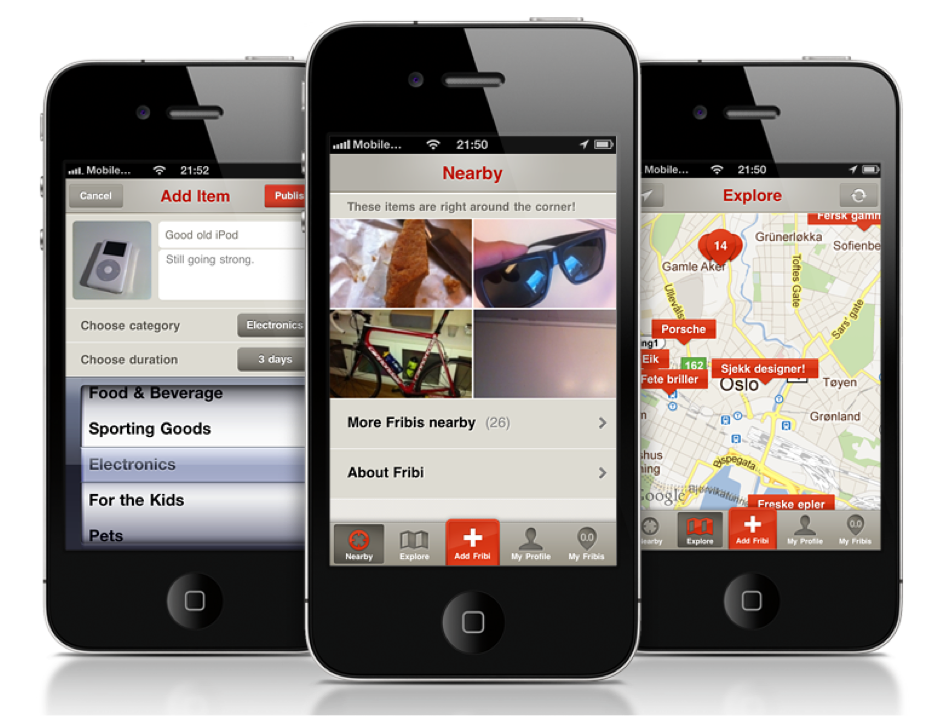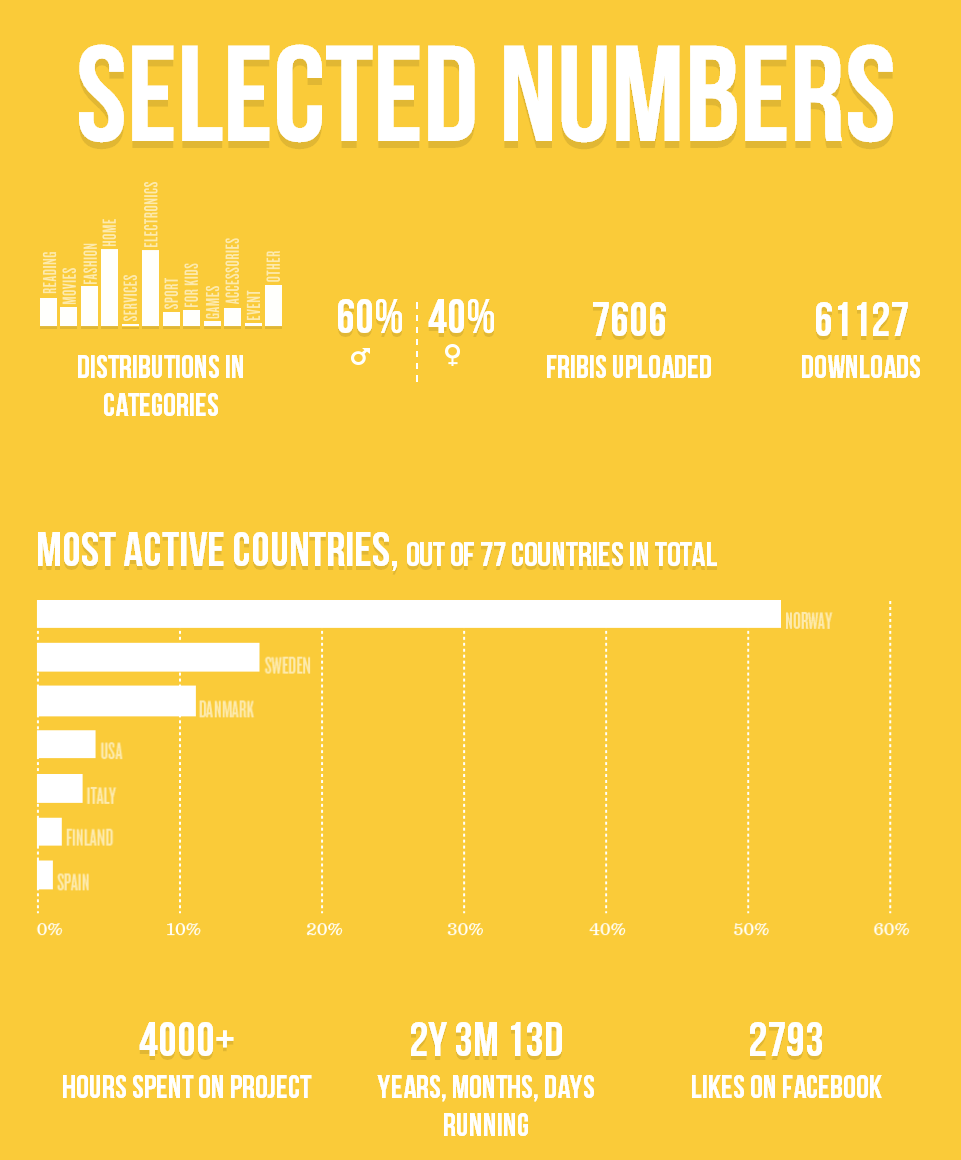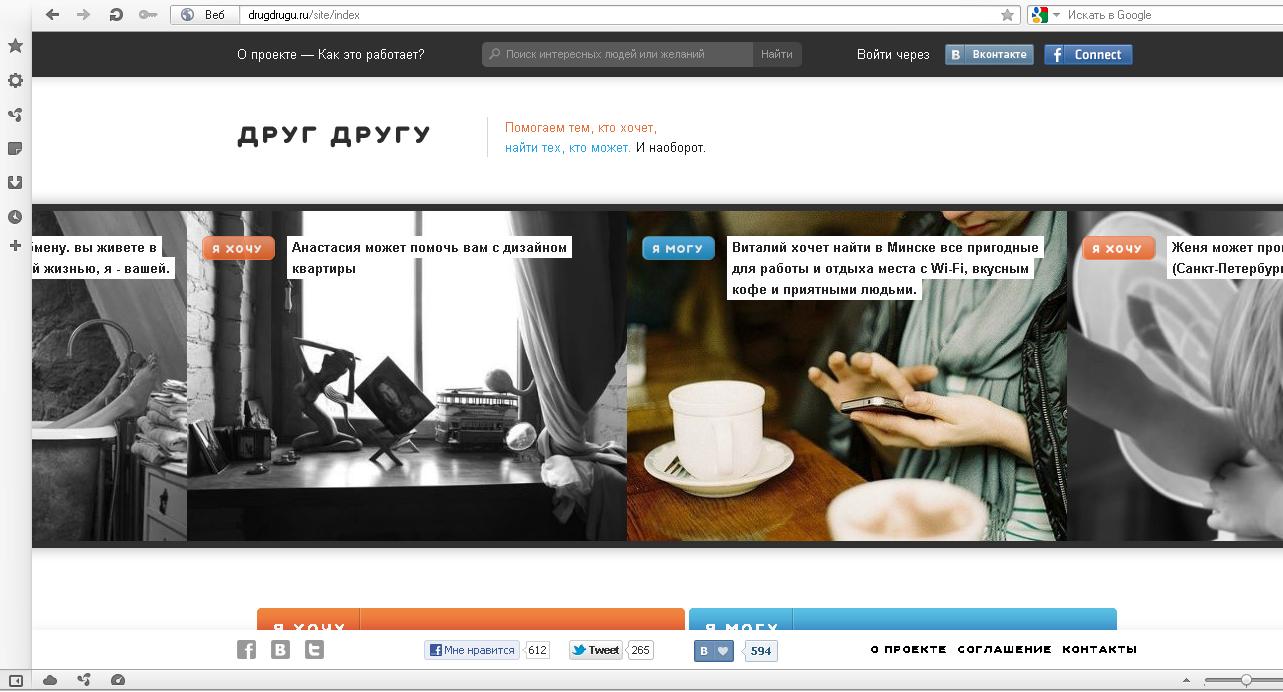Do startups have a life after death?

Recently, I happened to visit the Optina Hermitage. There in the chapel of the Resurrection of Christ on the window was a book that attracted my attention. "Instructions for the immortals, or what to do if you did die ," said its name. I could not resist not to get acquainted with a book with such a most interesting title, since it was a very small one. The author gives advice on how to prepare for the death that is inevitable for each person, how to behave correctly at such an important moment for the human soul, how not to be frightened and go through all the ordeals awaiting death, how to reach heaven, not hell.
When I returned home, I immediately remembered the bitterness that I feel every time I receive another message on my email that the project that is important for me is closing. "We are very grateful to everyone who has been with us all this time, who believed in us, but we have to close the project." Over the past five years that I have been working on Darudar, with about these words, dozens of projects have died, to which I had the most intense interest. And I'm always curious, where are these closing projects going? How do their creators dispose of what has just recently been so lively and hopeful?
Some of the dying people write that they were bought by a large company. And it is good, if at the same time they become part of another project. But more often the company-buyer simply closes the project. Why to pick up a team? And what happens to projects that no one bought, and they just did not find new investments? Where does the code and interface of the service, with love created over the years? Where do tens and sometimes hundreds of thousands of users who were sincere fans of the service?
I always think, if the creators of the project can no longer support and develop it, if the project is no longer needed for them, why not just donate your project to those who can continue its voyage? Or who can somehow dispose of the remaining code and users? Why is this practice not developed at all? After all, if you cannot sell something, then you can always try to donate it! After all, how many resources at the same time will be saved.
')
Of the recently defunct projects in Bose, I want to mention two that were close to Daroudar, because they participated with him - even if they didn’t think about it - in building a modern gift economy.
Fribi.com
It was (was) a Norwegian social service for donating things to each other, implemented in the form of the smartest mobile application. Launched at the end of 2011 and closed at the beginning of 2014.

How I envied them when they first appeared! They have investors, awards, silicone valley, and beautiful mobile design! And for us at Daroudara, we only have to dream about when we will find our investor or start earning to make a mobile version of our service.
And what a promotional video they made! Mmm ...
And so, the first swallow of the approaching end chirped in March 2012 with a letter stating that a new functionality is being introduced at the service. Now, in addition to donating, it will be possible to engage in exchange! The economy of gratuitousness and donation was questioned, which is absolutely impossible to do.
As soon as I found out about the closure of the service, I immediately wrote a letter to them with a proposal to donate their mobile application to Daroudara. But he was refused with reference to the fact that they are now working on a new platform. The Norwegians are laconic, they are not curious. Or pragmatic. Well, let's see.
On their site now hangs a beautiful landing, narrating in moving interactive pictures about the history of the service. It turned out a very good portfolio, or, as they say, the case. But it is very, very sorry that everything just took and closed!

ps By the way, for the same two and a half years, more than a million items and services were donated to Daurdar (this is against 8 thousand gifts from Fribi for the same time), in connection with which we made an open registration.
Drugdrugu.ru
Domestic service for donating services with the wonderful name "To each other." Launched in early 2011 and closed at the end of 2013.

I learned about closing the project by chance, after I entered the address well known to me into the address bar, and Google said that it could not open the page. He began to drive the address into the search, a lot of pages referring to the service fell out, but the service itself was not found among these pages. The service closed quietly and without any warning.
This service was very dear to me. At Daroudara, we have long dreamed of developing a section of gifts-services, which are given far less than things, but which are a thousand times more interesting. And then there is a service that begins to specialize on services and does it in the framework of the new economy of the gift, i.e. in our sacred space! (In any case, it seemed so to us).
I remember how quietly I was jealous of “Each other” when he became one of six lucky people who received a grant from Yuri Milner and Pavel Durov within the framework of the Start Fellows project. We also counted on this grant, but for some reason we did not receive it.
At some point, I decided to contact the founders of the service before it was too late, and offered them to give “Each Other” to us. To place it on our server. Combine two projects in one information space. One service to develop in the direction of donation of things, and the other - services. Create a single authorization. Move the project from the field of investment business in the field of social entrepreneurship.
However, to my great regret, one of the founders of the service, this idea of mine seemed completely uninteresting (maybe even reconsider, rethink, who knows), despite the active interest and enthusiasm of the other two.
Tell me, what do you think about the life of projects after death? Could you donate your project? Under what conditions and how would you choose whom? Would you be interested to receive a project as a gift yourself and why?
Source: https://habr.com/ru/post/215451/
All Articles